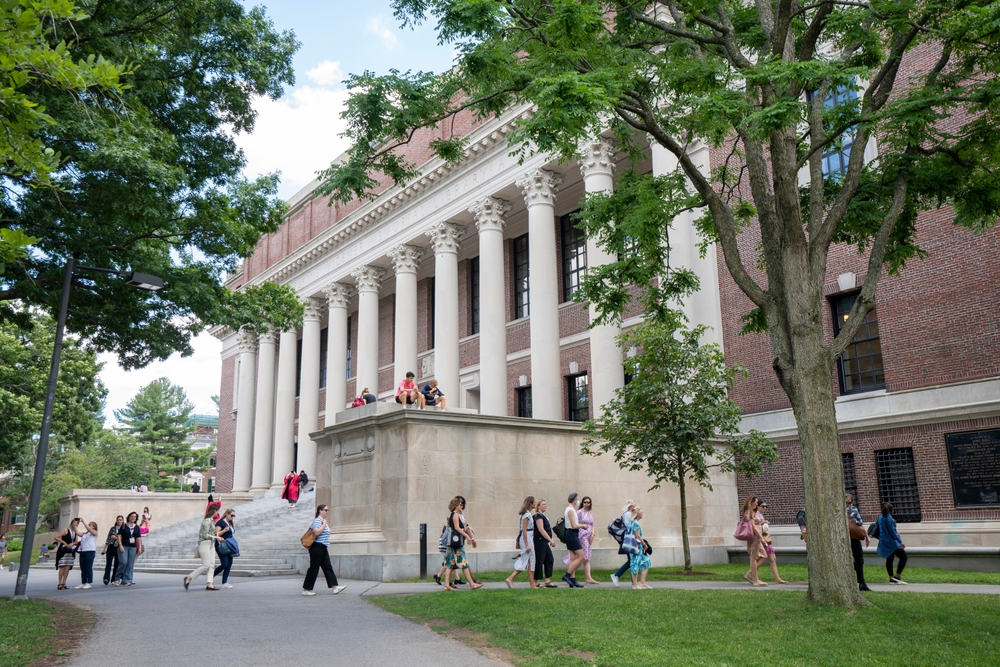July 30, 2024
The Conservative Student on the Liberal Campus
John Stuart Mill’s On Liberty never lost its relevance, but we have witnessed a resurgence of interest in it. In the latter half of the past century, many conservative writers, most notably Willmoore Kendall, provided trenchant criticisms of Mill’s arguments. Continue Reading...
